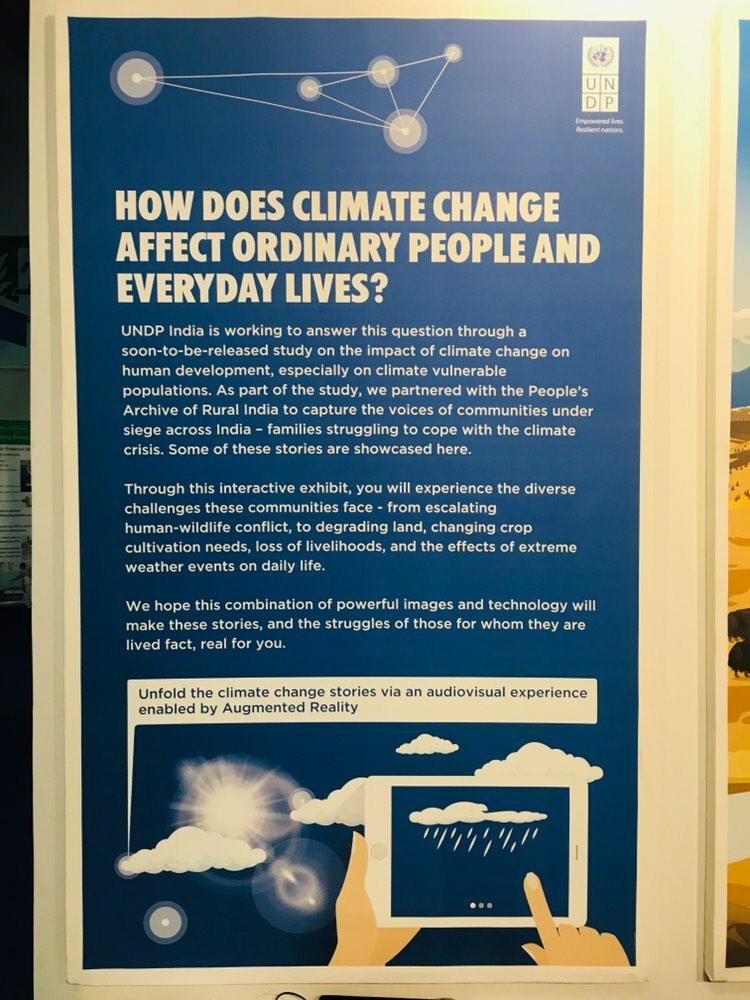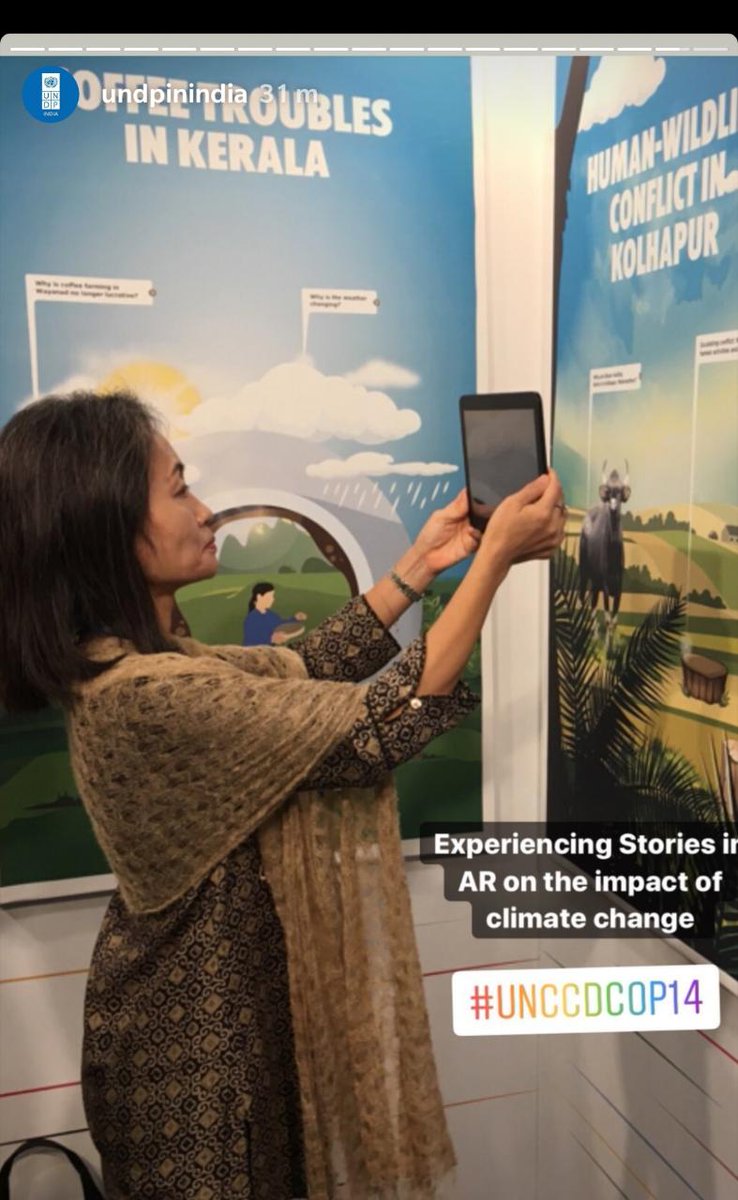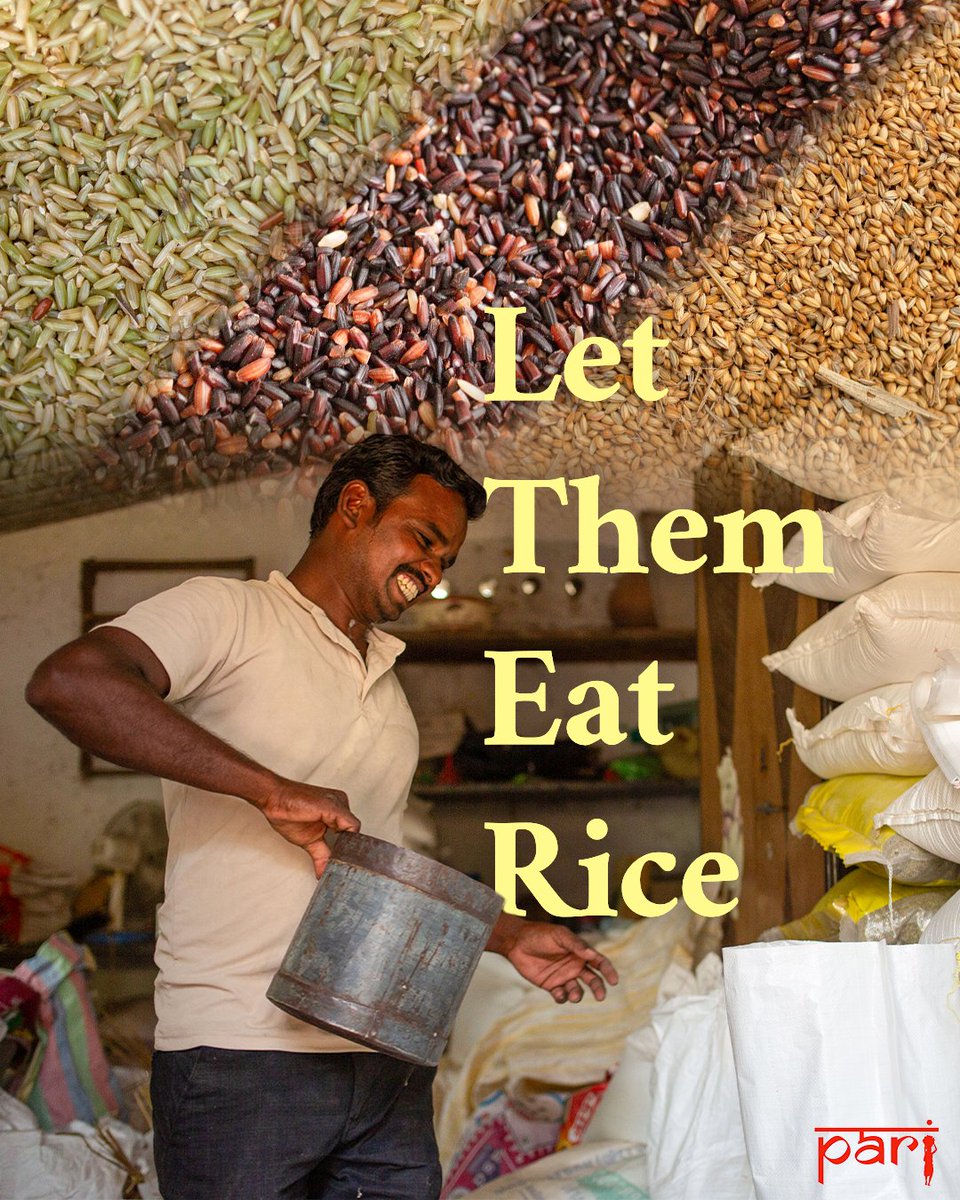On August 7, 2019, the @IPCC_CH published Climate Change and Land, a special report that addresses greenhouse #gas emissions and their link to #desertification, #land degradation and #food #security. 

This report is the culmination of two years of work by 107 experts from 52 countries. The report is a key scientific input at the Conference of the Parties of the #UN Convention to Combat Desertification (COP14) in New Delhi this month. ruralindiaonline.org/library/resour…
About 1/4th of the Earth’s ice-free land area is subject to human-induced degradation that is an adverse land condition caused directly/indirectly by humans, leading to a long-term reduction in/ loss of,the land’s biological productivity,ecological integrity, or value to humans.
#ClimateChange, including an increase in the frequency and intensity of extreme climate events, has adversely impacted food security & terrestrial ecosystems & contributed to #desertification and #land degradation in many regions.
The expansion of areas under agriculture and forestry have supported food availability for the world’s growing population. These changes have contributed globally to increasing #GHG #emissions, the loss of #forests, savannahs, grasslands & #wetlands, and declining biodiversity.
Changes in land conditions (such as heat-related events) and heavy precipitation events can significantly modify the likelihood, intensity and duration of many extreme #climate events. They can also affect temperature and rainfall in regions hundreds of kilometres away.
Asia & Africa are projected to have the most ppl vulnerable to increased desertification. North & South America,the Mediterranean, southern Africa & Central Asia may be increasingly affected by wildfire. The tropics & subtropics nay be the most vulnerable to crop yield decline.
The report says that access to cleaner #energy sources and #technologies can help to mitigate climate change and combat #desertification and #forest #degradation. This can have socioeconomic and health benefits, especially for women and children.
Insecure land tenure affects the ability of people to make changes to land that can help with climate change adaptation and mitigation.
#Land policies (including the recognition of customary #tenure, community mapping, redistribution, decentralisation, co-management, and regulation of rental markets) can help provide people with security & give them flexibility in their responses to #ClimateChange.
Public health policies to improve #nutrition, #healthinsurance, financial incentives, & awareness-raising campaigns can potentially influence #food demand, reduce healthcare costs & lower GHG emissions.
Agricultural practices based on indigenous & local knowledge can contribute to overcoming the challenges of #ClimateChange,#food #security, #biodiversity conservation, desertification & land degradation.
The land & food sectors around the world face particular challenges of ‘institutional fragmentation’ & narrowly focussed policies. Coordination with other sectors, such as public health, transportation, envt, water, energy & infrastructure can benefit them all simultaneously.
The report says that policies which reduce food loss and waste, influence #dietary choices, improve access to markets, secure #land tenure, and factor environmental costs into #food, among others, could help make land use more sustainable.
Such policies could also enhance #food #security, lower emissions, reduce #land #degradation, desertification and poverty as well as contribute to #ClimateChange adaptation and #mitigation.
If you didn't get a chance to visit our stall at the #UN Convention to Combat Desertification (COP14), you could read our @UNDP_India supported reportage on how #ClimateChange is impacting the everyday lives of people in rural india here: ruralindiaonline.org/stories/catego… 





• • •
Missing some Tweet in this thread? You can try to
force a refresh






















